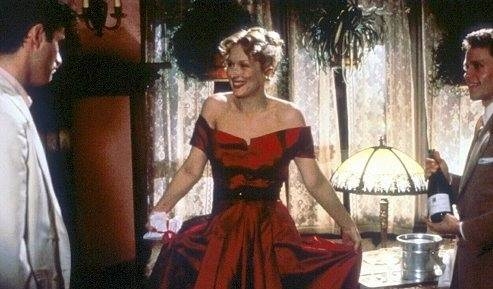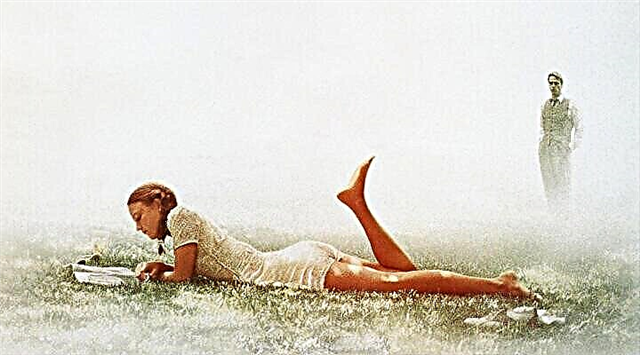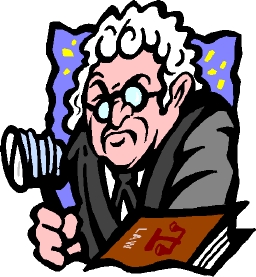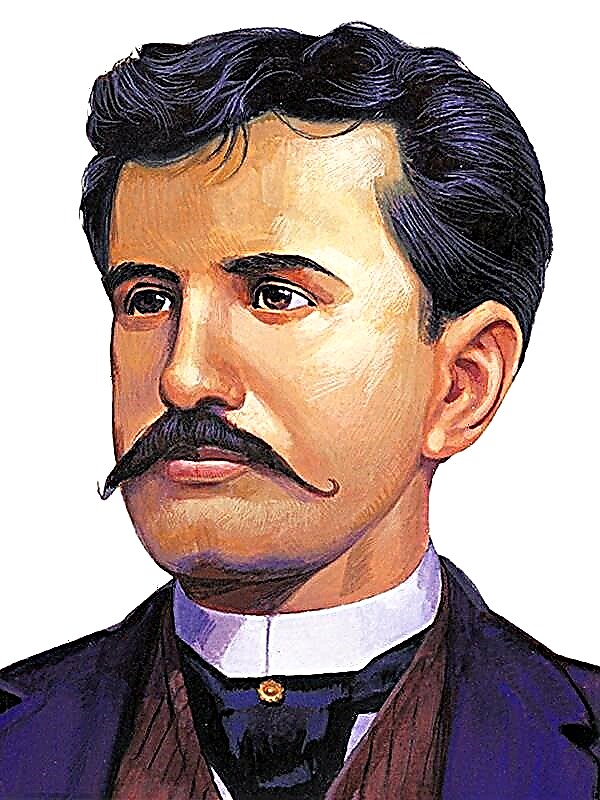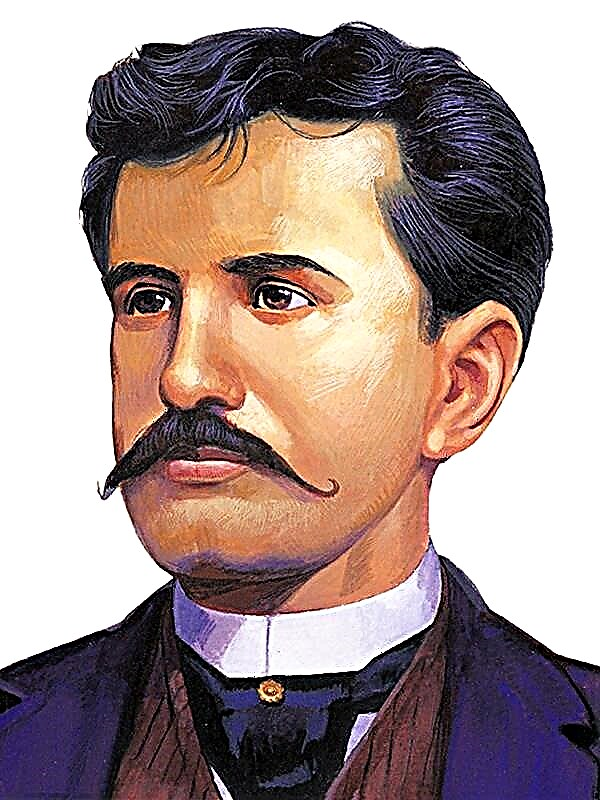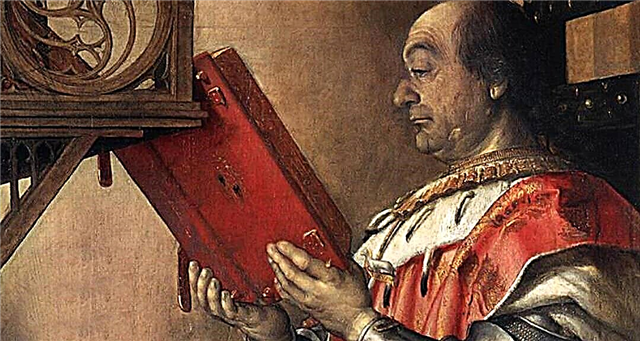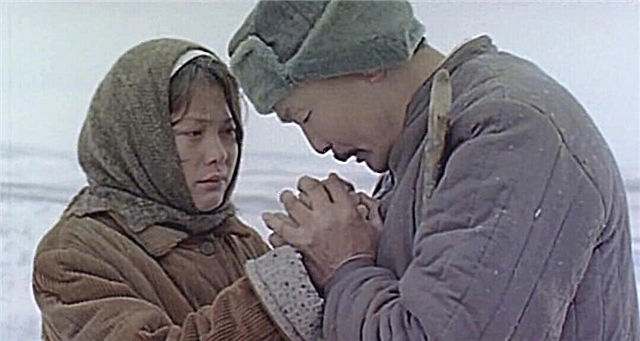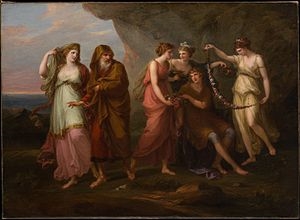Once Zoshchenko was with Gorky. And Gorky said to him: what would you, Mikhal Mikhalych and all that jazz, not write here in this your fantastic, so to speak, manner of the whole history of mankind? So that, then, your hero, the average person, understands everything and your composition gets it, figuratively speaking, to the very, sorry, liver. They would write like that: with all the introductory words, on a mixture of communal jargon and, as it were, the clerical, in such a, you know, highly artistic manner, which, without education, they would all understand. Because those who are educated, they are an endangered class, but they must, they say, explain themselves to the simple.
And Mikhal Mikhalych listened to him and wrote something like that. He writes with endless repetitions of the same phrases, because the thought of the hero-narrator, so to speak, is wretched. He writes with ridiculous everyday details that really had no place. And he, roughly speaking, respected citizens and citizens, of course, crashes here as an ideologist, because his average reader will just roll over such a book with laughter, but will not gain any benefit for himself, it is useless to re-educate him. But as an artist, Mikhal Mikhalych wins a big victory, because in a ridiculous bourgeois language he sets out piquant facts from different world histories there, showing what happens to this world history and generally to any delicate matter, if a philistine, roughly speaking, mug launches into its paws.
Here he is, so in such a language, he writes the Blue Book, dividing it into five sections: Money, Love, Insidiousness, Failures and Amazing Events. He, of course, wants to be useful to the victorious class and in general. Therefore, he tells stories from the life of various priests, kings and other poorly educated bloodsuckers who tyrannized the working people and let them fall into the shameful pit of history. But the whole trick, citizen-comrades, is that in each section he puts a few more stories from Soviet life, the new, socialist life, and from these stories it directly follows that the victorious people are the same, excuse me, mug and in terms of deceit not in the least succumb to the bloodsuckers like Catherine the Great or Alexander the Macedonian commander. And it turns out from Mikhal Mikhalych that the whole of human history is not the way of the rebellious class to its own, which means triumph, but one grandiose theater of absurdity.
Here he is, therefore, writing about the tenant who won the money, and how this tenant went to his mistress with his money, and then the money was stolen from him, and that little house kicked him out, and he very well returned to his wife, whose face is full of tears already chubby. And he does not even use the words “man” or “woman”, but only “tenant” and “vein”. Or he writes in the section “Love” about how the wife of one employee, sorry, fell in love with one actor, captivating her with his magnificent game on the stage. But he was family, and they had nowhere to meet. And they met at her friend. And the husband of this lady who was in love with the artist very beautifully went to this friend, and the wife of our artist went to the neighbor of this friend, as if to have tea and cakes, but in fact everyone will instantly understand what kind of cakes they had. And then they would have to all get angry and get married, but since they already had a lot of children from all of them, it was impossible and only burdensome, and all of them, having scandalized and plaguing their love in the root, remained, sorry for the expression, in status quo. But a lot of blood was spoiled for each other, suffering, like the last cabmen or shoemakers, even though there were artists and employees.
And so they live, for example, poets who are in love, but do not know life, or artists whose nerves are out of order. And Mikhal Mikhalych thereby signs a sentence to his class and to himself that they are divorced from life. But the working people do not come out any better with him, because they only think about how to drink beer, spit his wife in a mug or not to be cleaned out of the party. At the word “cleaning”, it’s as if a blow is being made with them, and they cease to feel the substance of life in themselves (but this already suffered Platonov). And the historical events presented by Mikhal Mikhalych look more vulgar, because he sets them out in the same language as his other heroes on the train tell their random companion their lives.
And it turns out from him that the whole history of mankind is only money, deceit, love and failure with individual amazing incidents.
And for our part, we cannot object to such an approach. And we humbly bow our pen in front of Michal Mikhalych, because we still won’t succeed, and thank God.

